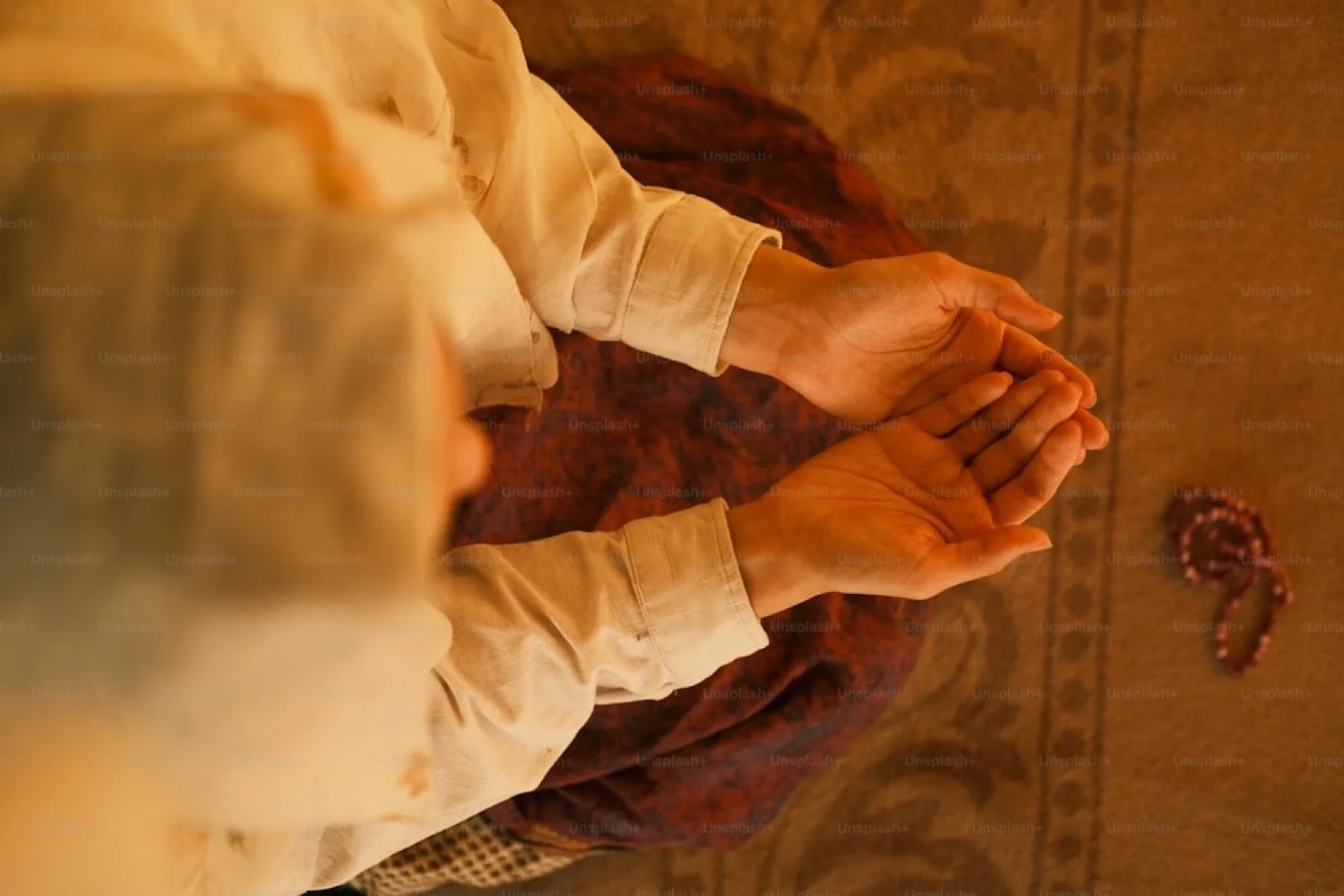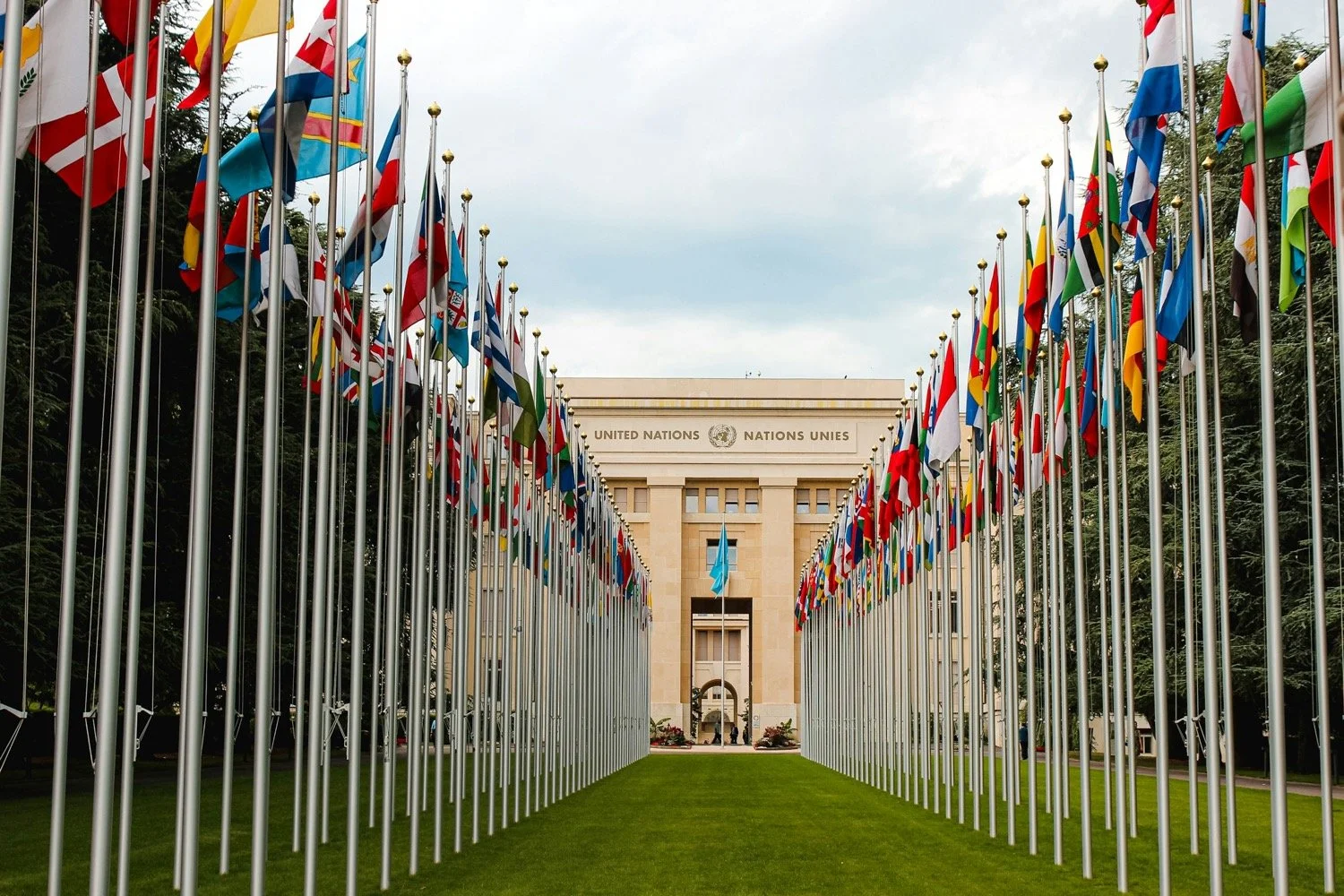Readings for today: Romans 13-16
I spend a lot of my days talking to people who are exploring what it means to follow Christ. They ask a lot of great questions. They wrestle with significant doubts. They are honest about their fears. One of the most common questions I get has to do with the Christian’s relationship with the law. The law of God is complicated. There’s much about it that feels foreign, mainly because it was written originally to a people living in the ancient near east. There’s much about it that has changed over time especially as it relates to the civil and ceremonial sections of the law. And then there is the moral dimension that remains consistent and eternal. It’s not always easy to tease out. It’s not always easy to understand. It’s not always easy to grasp. As a result, the most important part is often lost and that is love. The end of the law is love. The purpose of the law is to protect love and foster love. The goal of the law is the creation of an alternative society marked by love.
Listen to how the Apostle Paul puts it, “Don’t run up debts, except for the huge debt of love you owe each other. When you love others, you complete what the law has been after all along. The law code—don’t sleep with another person’s spouse, don’t take someone’s life, don’t take what isn’t yours, don’t always be wanting what you don’t have, and any other “don’t” you can think of—finally adds up to this: Love other people as well as you do yourself. You can’t go wrong when you love others. When you add up everything in the law code, the sum total is love.” (Romans 13:8-10 MSG) Love others as you love yourself. This is the summary of the law of God. This is why the law of God exists. This is what the law of God is seeking to encourage and foster in the hearts of those who are faithful. The law of God sets healthy boundaries around the lives of believers. Those who commit to following the law with all their heart, soul, mind, and strength do not earn God’s favor. They don’t work their way to heaven. No, they become the kind of people God created them to be all along. They become healthy and whole and kind and generous and selfless and patient. Most of all, they embody love. Love of God. Love of others. Love of neighbors. Love even of their enemies.
Everything points to love. All 613 laws in the Old Testament seek to foster an environment where love flourishes. Every law Jesus Himself affirms when He reinterprets Torah in the Sermon on the Mount is directed towards love. The Greatest Commandment is all about love and the Second Great Commandment proclaims the same. All of it love. All of it from God. Because God is love. At the end of the day, the true test of any Christian is how we love. Love God. Love others. Love ourselves. Following God’s law is the way to the deepest and most fulfilling love imaginable.
Readings for tomorrow: Acts 20:4-23:35




